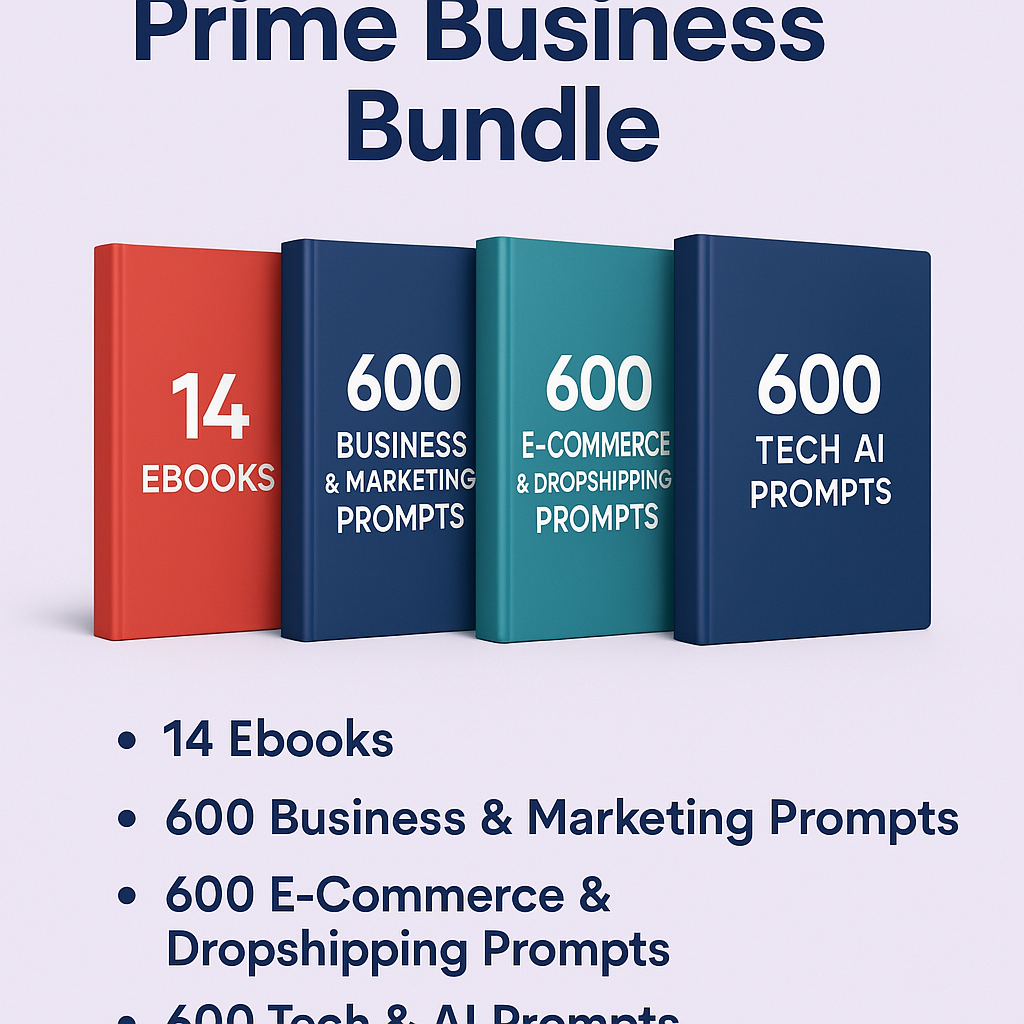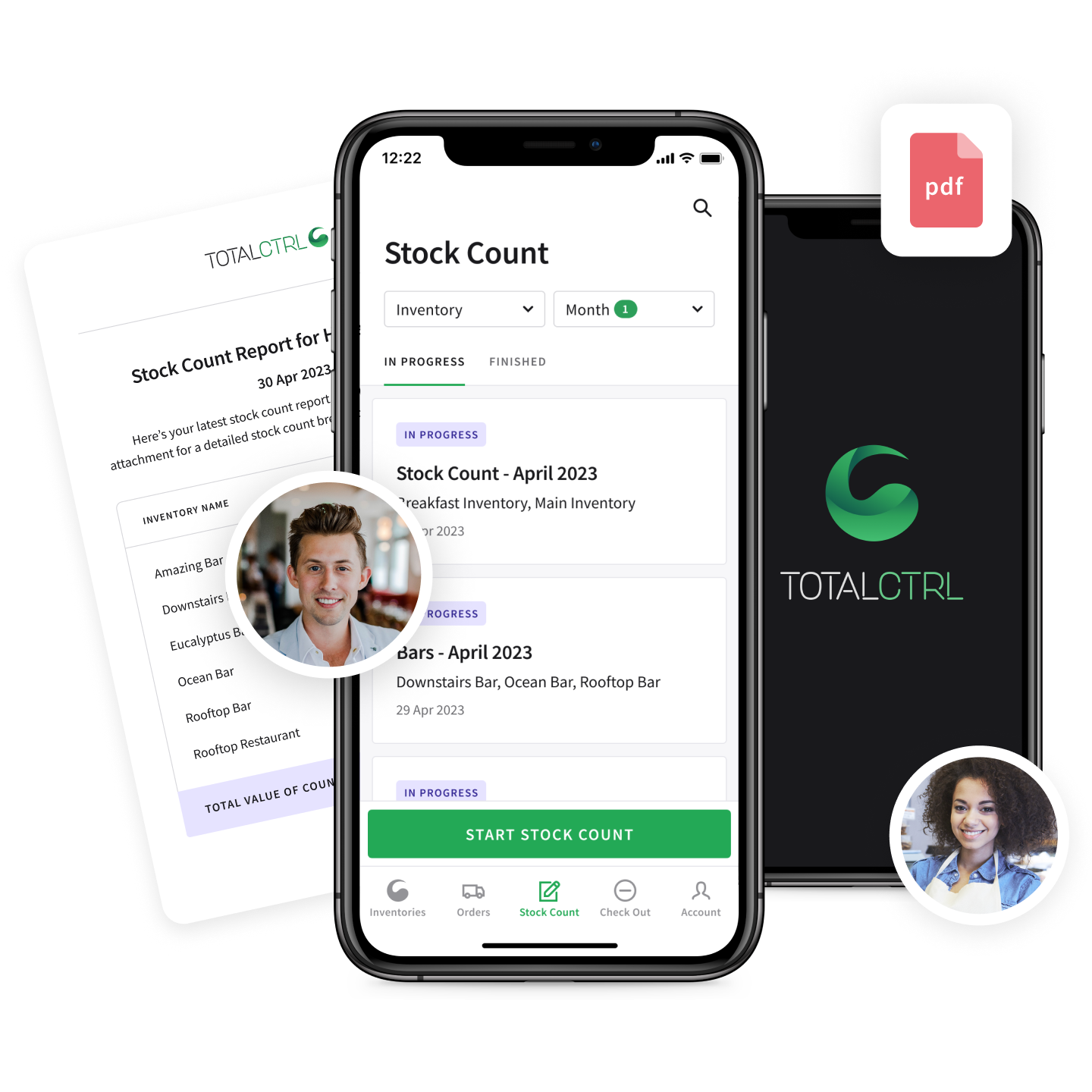Monday, April 21, 2025
How the Blue Economy Can Promote Gender Equality
The Blue Economy, which refers to the sustainable use of ocean resources for economic growth, improved livelihoods, and ocean ecosystem health, holds immense potential not only for environmental and economic advancement but also for promoting gender equality. Achieving gender equality, one of the critical goals of the United Nations Sustainable Development Goals (SDGs), requires dismantling barriers and promoting equal opportunities for all genders, especially women, in various sectors of society, including those related to the marine and maritime industries.
In this blog, we will explore the various ways in which the Blue Economy can contribute to gender equality by providing opportunities for women, addressing challenges, and fostering inclusive policies and practices within ocean-based industries.
1. Enhancing Women’s Participation in the Blue Economy
Traditionally, many ocean-related industries—such as fisheries, maritime transport, aquaculture, and marine science—have been male-dominated. However, the Blue Economy offers the opportunity to change this dynamic and actively encourage women's participation in these fields. This can be achieved through:
-
Promoting Women in Leadership Roles: One of the ways to bridge the gender gap in the Blue Economy is by promoting more women into leadership and decision-making roles. This includes appointing women to leadership positions in fisheries management, maritime organizations, environmental agencies, and marine technology companies. By increasing women's representation at all levels, the Blue Economy can inspire and empower other women to pursue careers in marine industries.
-
Education and Capacity Building: Increasing women's access to education and skills training in marine science, oceanography, and sustainable marine resource management is crucial for enabling them to take on more influential roles in the sector. Initiatives such as specialized training programs, scholarships, and mentorship opportunities can support women's growth in ocean-based careers and industries.
-
Entrepreneurship Opportunities: The Blue Economy creates opportunities for women to enter marine-related entrepreneurship. Women-led businesses in sustainable aquaculture, marine conservation, eco-tourism, and seafood processing can contribute to job creation, empowerment, and economic independence. Programs that support female entrepreneurship in these sectors can provide the financial backing and mentorship needed to start and scale businesses.
2. Gender-Inclusive Fisheries Management
Fisheries are a critical sector within the Blue Economy, providing livelihoods for millions of people worldwide, particularly in coastal communities. However, women’s roles in fisheries, especially in small-scale and artisanal fisheries, are often undervalued and overlooked. The Blue Economy can promote gender equality in fisheries by:
-
Acknowledging Women’s Roles in Fisheries: In many coastal communities, women are deeply involved in fisheries, particularly in post-harvest activities such as fish processing, marketing, and trade. While women often contribute significantly to the economic value of fisheries, their work tends to be undervalued. The Blue Economy can help recognize and elevate these contributions by ensuring that policies and strategies include women's participation at every stage of the fisheries value chain.
-
Providing Equal Access to Resources: Women in fishing communities often face barriers to accessing critical resources such as land, fishing equipment, credit, and technology. Gender-inclusive policies in the Blue Economy can ensure that women have equal access to these resources, enabling them to participate fully in the sector and benefit from the opportunities it offers.
-
Promoting Gender-Sensitive Fisheries Policies: Policies aimed at managing fisheries sustainably must be gender-sensitive, taking into account the unique challenges and roles of women in the sector. This can include ensuring that women's voices are heard in the development of fisheries management strategies, providing women with access to training in sustainable fishing practices, and creating safety nets to protect them during times of environmental or economic crisis.
3. Supporting Women in Maritime Industries
The maritime transport and shipping industries are crucial elements of the global economy, facilitating the movement of goods and resources across oceans. However, women’s representation in this field is still relatively low. The Blue Economy can promote gender equality in maritime transport through:
-
Encouraging Women’s Involvement in Shipping: Increasing women’s participation in maritime transport and shipping, including in roles such as crew members, ship operators, and port managers, is essential for achieving gender equality in the sector. Initiatives that encourage women to pursue careers in maritime education and training can help to break the gender barriers in this male-dominated industry.
-
Workplace Safety and Inclusion: Gender equality in maritime industries also involves addressing workplace challenges such as harassment, discrimination, and lack of supportive policies for women. The Blue Economy can promote inclusive practices by ensuring that workplaces are safe, equitable, and conducive to the well-being of both women and men. This includes promoting gender-sensitive policies, improving safety standards, and ensuring that women have access to fair wages and career advancement opportunities.
-
Promoting Female Maritime Entrepreneurs: The Blue Economy can also empower women by encouraging female entrepreneurship within the maritime industry. Women can create businesses related to shipbuilding, logistics, port operations, and marine engineering. Financial support, mentorship programs, and a focus on eliminating gender-specific challenges can help women thrive in the maritime sector.
4. Incorporating Gender into Marine Conservation and Ocean Management
Women are often disproportionately impacted by environmental degradation and climate change, particularly in coastal and island communities. The Blue Economy’s focus on sustainable ocean management can integrate gender considerations to ensure that women are actively involved in marine conservation efforts.
-
Promoting Women’s Participation in Marine Conservation: Women play an essential role in marine conservation activities, particularly in the management of marine protected areas (MPAs) and the restoration of coastal ecosystems. Involving women in conservation planning and decision-making can lead to more inclusive, effective, and community-based conservation outcomes. This can be achieved by creating opportunities for women to participate in environmental education, research, and community-based conservation projects.
-
Climate Change Resilience: The Blue Economy can also empower women to adapt to the impacts of climate change, especially in coastal regions. Women, who are often the primary caregivers and resource managers in these areas, have valuable local knowledge that can contribute to building community resilience. Supporting women’s leadership in climate action and ensuring they have access to resources and decision-making platforms can enhance the resilience of entire communities to climate-related challenges.
5. Encouraging Gender-Responsive Policies in the Blue Economy
To fully promote gender equality within the Blue Economy, gender-responsive policies are essential. These policies ensure that women’s specific needs, rights, and roles are integrated into the development of marine industries and ocean management.
-
Gender-Disaggregated Data: Collecting gender-disaggregated data is key to understanding the specific challenges that women face in marine-related industries. Governments and organizations involved in the Blue Economy should collect and analyze data on the participation of women in ocean-related sectors to develop targeted policies that address gender disparities.
-
International Collaboration: Global cooperation is necessary to promote gender equality in the Blue Economy. International agreements and frameworks, such as the UN Convention on the Law of the Sea (UNCLOS), should include provisions for gender equality and support the participation of women in ocean governance, resource management, and policy development.
-
Promoting Legal and Institutional Reform: Legal frameworks should be reformed to remove barriers that prevent women from participating in the Blue Economy. This includes securing equal property rights, access to financial services, and protection from gender-based violence in the workplace. Gender equality laws and institutional reforms are crucial to ensuring that women can participate fully and equally in the Blue Economy.
Conclusion
The Blue Economy holds tremendous potential to contribute to gender equality by promoting women's empowerment, economic independence, and leadership opportunities within marine and ocean-related industries. By breaking down barriers and providing equal access to resources, education, and decision-making roles, the Blue Economy can help create a more inclusive, equitable, and sustainable future for all genders.
From enhancing women’s participation in fisheries and maritime industries to fostering women’s leadership in marine conservation and climate action, the Blue Economy provides numerous opportunities for women to thrive. As the world increasingly recognizes the importance of gender equality in sustainable development, the Blue Economy can serve as a powerful platform for achieving the UN’s SDGs and ensuring that both women and men can benefit from the sustainable use of ocean resources.
Related Posts:
 30 Best Wallets with RFID Protection In today's digital world, carrying a wallet is about more than just holding cash and cards. It’s also about protecting your personal information. RFID-blocking wallets are designed to prevent identity theft by blocking … Read More
30 Best Wallets with RFID Protection In today's digital world, carrying a wallet is about more than just holding cash and cards. It’s also about protecting your personal information. RFID-blocking wallets are designed to prevent identity theft by blocking … Read More 30 Best Budget-Friendly Money Safes and Lockboxes When it comes to securing your valuables, documents, or cash, having a reliable money safe or lockbox is essential. Whether you're looking for a safe for your home office, personal use, or even a small business, there a… Read More
30 Best Budget-Friendly Money Safes and Lockboxes When it comes to securing your valuables, documents, or cash, having a reliable money safe or lockbox is essential. Whether you're looking for a safe for your home office, personal use, or even a small business, there a… Read More 30 Affordable Financial Planning Tools You Need If you're serious about improving your finances, whether personally or professionally, a good financial planning tool can make all the difference. But you don’t have to spend a fortune. Below is a list of 30 affordable … Read More
30 Affordable Financial Planning Tools You Need If you're serious about improving your finances, whether personally or professionally, a good financial planning tool can make all the difference. But you don’t have to spend a fortune. Below is a list of 30 affordable … Read More Top Finance Apps With Affiliate Opportunities Affiliate marketing in the finance niche is a smart way to monetize your content, especially if you're already writing about budgeting, saving, investing, or financial tools. Many leading finance apps offer affiliate pr… Read More
Top Finance Apps With Affiliate Opportunities Affiliate marketing in the finance niche is a smart way to monetize your content, especially if you're already writing about budgeting, saving, investing, or financial tools. Many leading finance apps offer affiliate pr… Read More 20 Best Finance Trackers You Can Buy Online Managing personal or business finances efficiently is much easier when you have the right finance tracker. Whether you’re a freelancer, small business owner, or just trying to get your budget under control, having a rel… Read More
20 Best Finance Trackers You Can Buy Online Managing personal or business finances efficiently is much easier when you have the right finance tracker. Whether you’re a freelancer, small business owner, or just trying to get your budget under control, having a rel… Read More
45 Smart Piggy Banks for Teaching Kids Money Skills
Teaching kids about money is essential for helping them develop financial literacy and responsible money management skills. One of the best...






















0 comments:
Post a Comment
We value your voice! Drop a comment to share your thoughts, ask a question, or start a meaningful discussion. Be kind, be respectful, and let’s chat! 💡✨